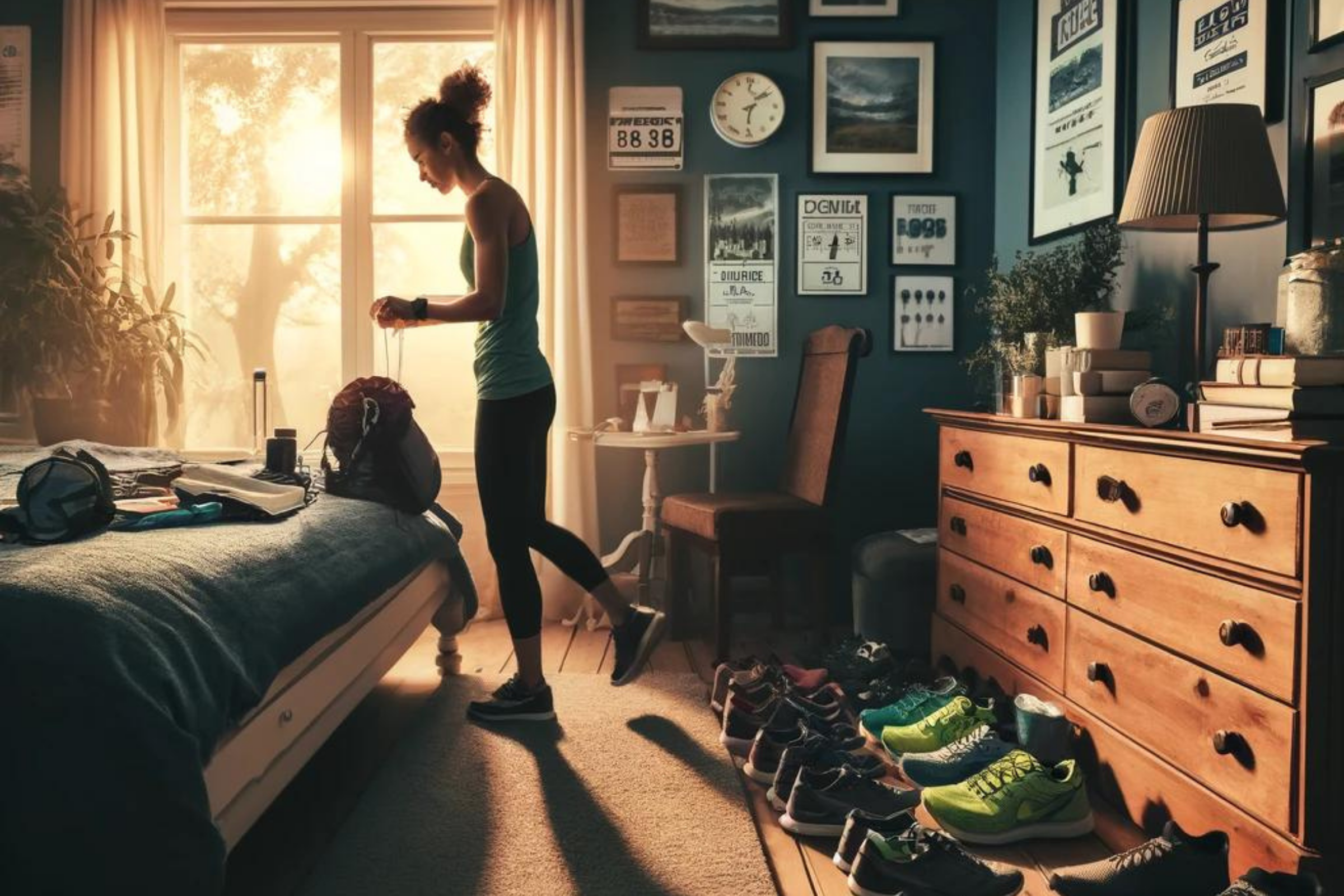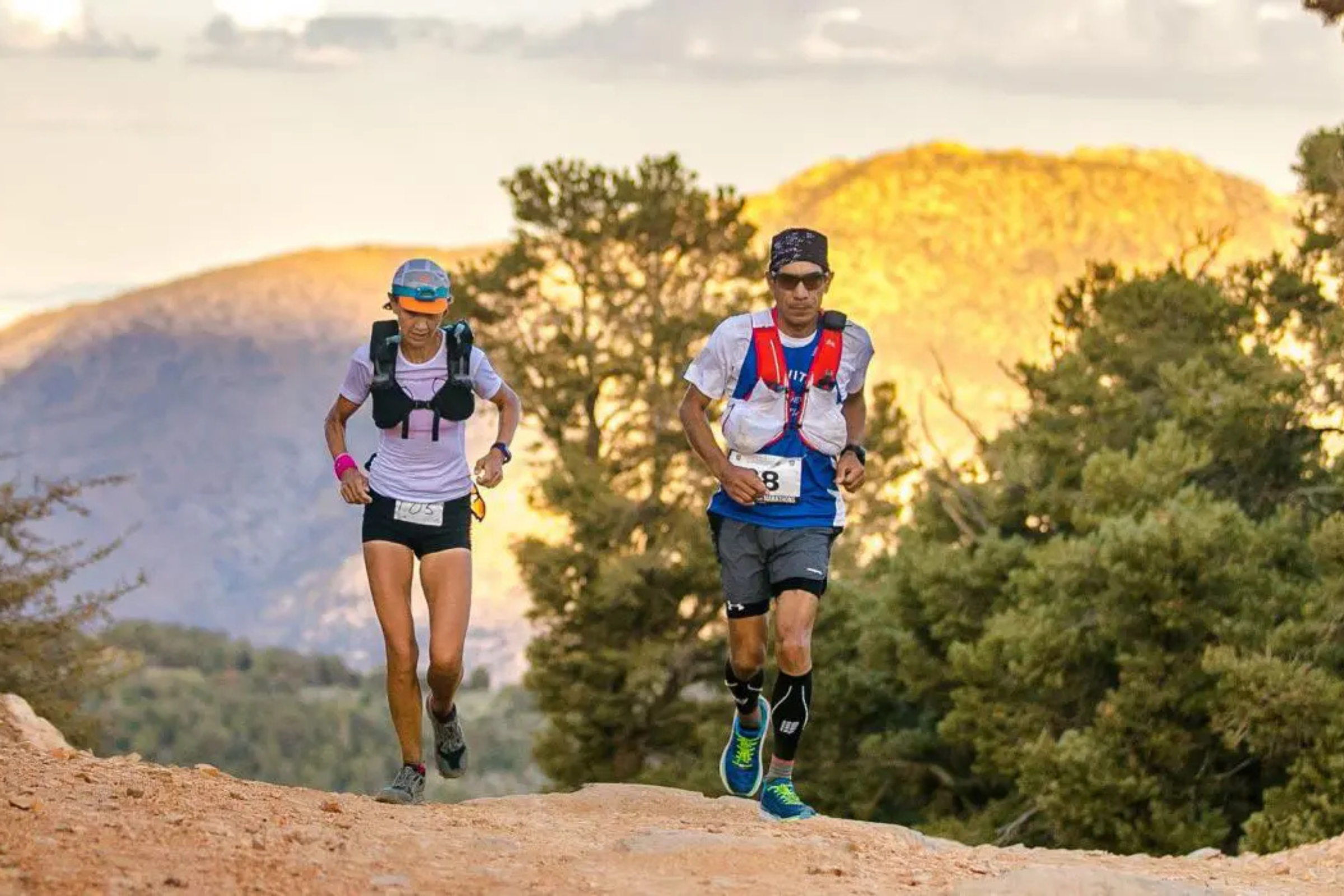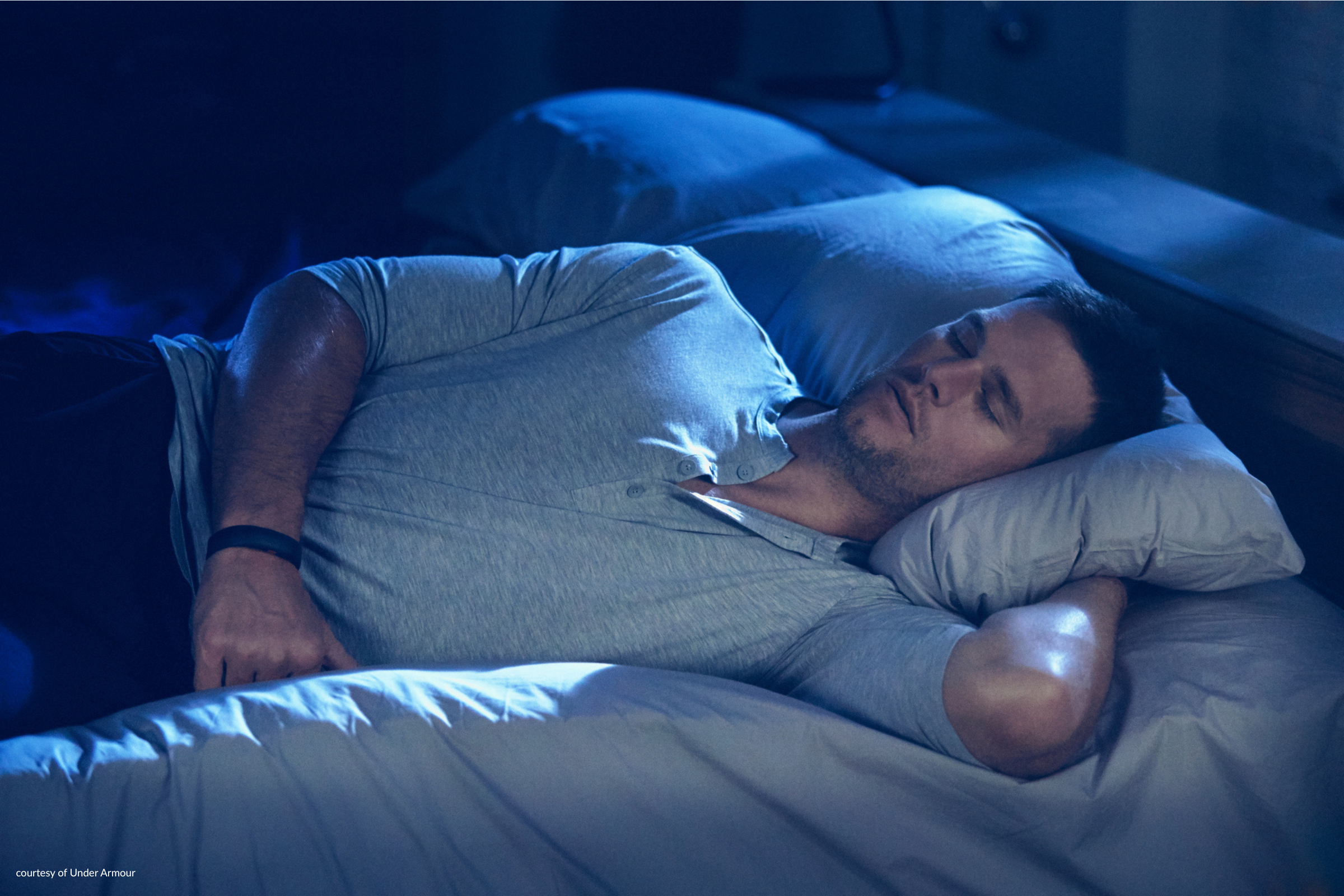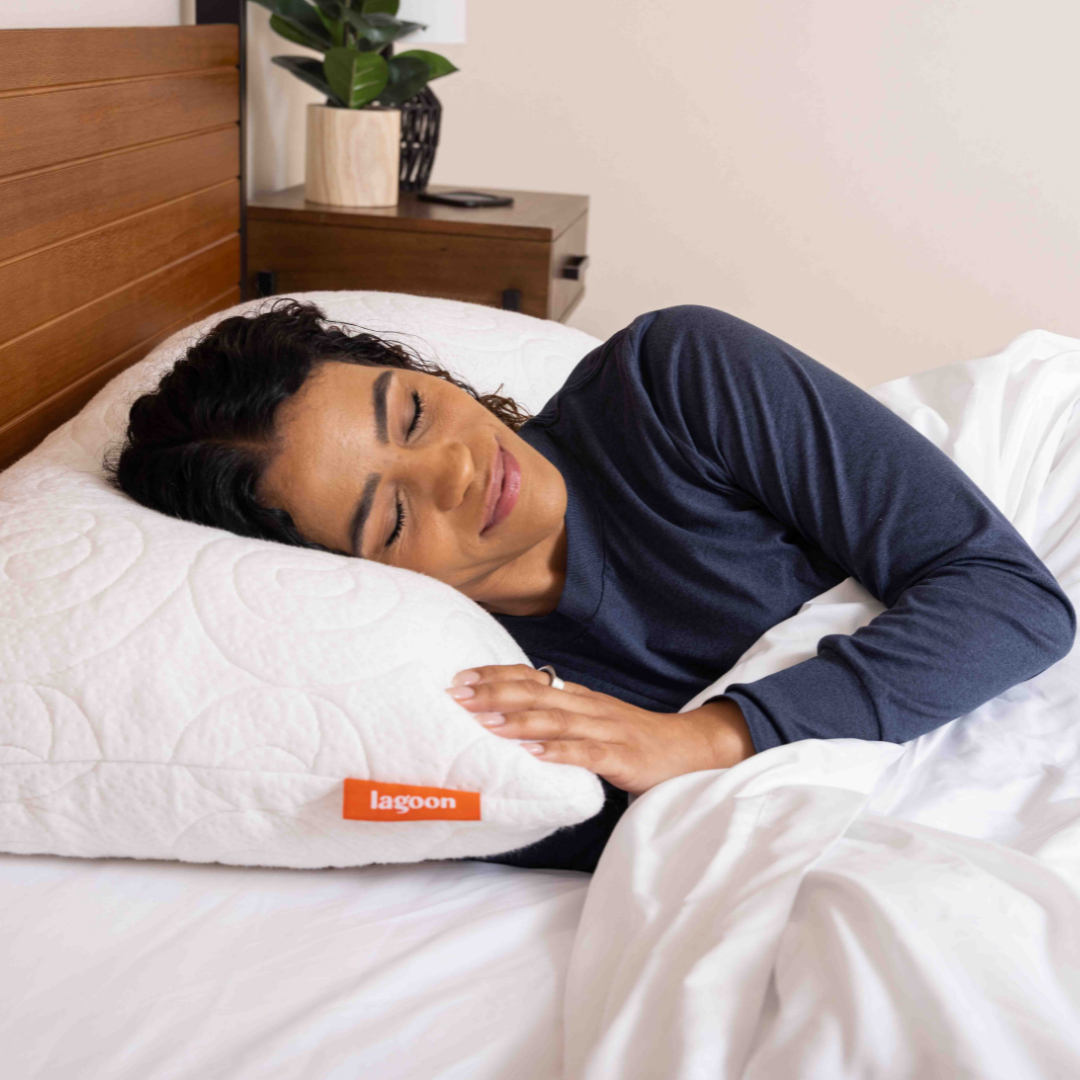Hey packlings 👋
Looking to reset your sleep schedule? We’ve got some tips that could help - as well as highlights from some exciting new sleep studies that are pushing our understanding of sleep, health and wellness. There’s plenty to cover in this week’s edition of the Sleep & Fitness News, so let’s get into it!
🔄 How to Reset Your Sleep Schedule for Early Morning Races
It’s the night before your big race, and you’ve tried to put yourself to bed at 8pm (2 hours before your normal bedtime) in order to wake up at 4am to be ready for your race… and to no one’s surprise - you can’t fall asleep! Don’t worry - this week Megan McMorris wrote a piece in Runner’s World about how you can methodically adjust your sleep schedule to be ready for race day. I had the pleasure of sharing with Megan some of my best pieces of advice including: setting an alarm to get ready for bed (and “earlying up” that alarm a bit each night the week leading up to race day); as well as writing to-do lists and practicing gratitude before bed to calm your mind and bring positive energy as you prepare for sleep. It’s definitely worth a read if you’ve suffered from having trouble falling asleep the night before a big event - check out the full article here.
🚶♀️New UT Study Finds - the More You Move, the Better You Sleep
Getting into the specifics of how exercise helps sleep - a new study from the University of Texas this week found that physical activity lengthened REM latency - in other words, the amount of time before you first go into REM sleep. This is an indicator that exercise may help lengthen deeper sleep stages before transitioning into REM sleep. Getting a longer, fuller deep sleep cycle first is helpful for physical restoration and muscle building, before then transitioning to REM sleep where more memory consolidation can take place. The research team used fitness trackers to track sleep and activity levels in 82 young adults - which is unique for a sleep study which typically only looks at data in a controlled lab environment rather than pulling daily activity data for comparison vs. sleep cycles.
🧠 How the Brains Chooses Which Memories to Keep
While you sleep-optimizers know that sleep can help consolidate memories, it may beg the question - which daily activities are worth consolidating and remembering? A new study published in the magazine Science this week found that cells in the brain’s hippocampus spark in a specific pattern called "sharp-wave ripples," which tag important experiences for them to then be processed into long-term memory storage during sleep. Although the research was performed in mice, these findings could translate to humans, said the study’s senior author, Dr. György Buzsáki of NYU. If you’re looking to increase the likelihood of an event being coded, pause after an experience. That period of relaxation, when we’re not paying close attention to anything else, can allow those sharp-wave ripples to spark.
😴 The New Insane-ly Popular Sleep Hack on Social Media
I’m a sucker for the new sleep hack that’s taking TikTok or Instagram by storm… This week it’s tying a sweatshirt around your head while you sleep. Content creator Callie Galey “hacked the system” by wrapping her sweatshirt across her eyes and under her chin, and has purportedly been getting the best sleep of her life. The video has 19 million views, and there’s actually some merit to this out-there trend. She captures some benefits of swaddling (best known for comforting babies) and also blocking light (like a sleep mask would do) which can help improve sleep. I have not tried this, and am not ready to condone it either… but if you’re brave enough to try, let me know how it goes.
🎓 Bad Sleep Habits = Worse Grades for High Schoolers
Another new study this week found that irregular sleep patterns and later bedtimes were correlated with worse grades for high school students. Specifically, participants with more variable bedtimes had a greater chance of receiving a D or lower and had fewer classes in which they received an A during the last grading period, compared to those with more consistent bedtimes. Also, adolescents were more likely to be suspended or expelled in the last two years if: they got up later; varied the number of hours they slept each night; or if they varied the time they went to bed each night. This study highlights the importance of good sleep hygiene through all phases of our development, so start those healthy sleep habits early!
That's all for this edition of sleep & fitness news.. Thanks so much for following along! Remember to follow @lagoonsleep on Instagram for your daily dose of sleep & fitness news and entertainment.







